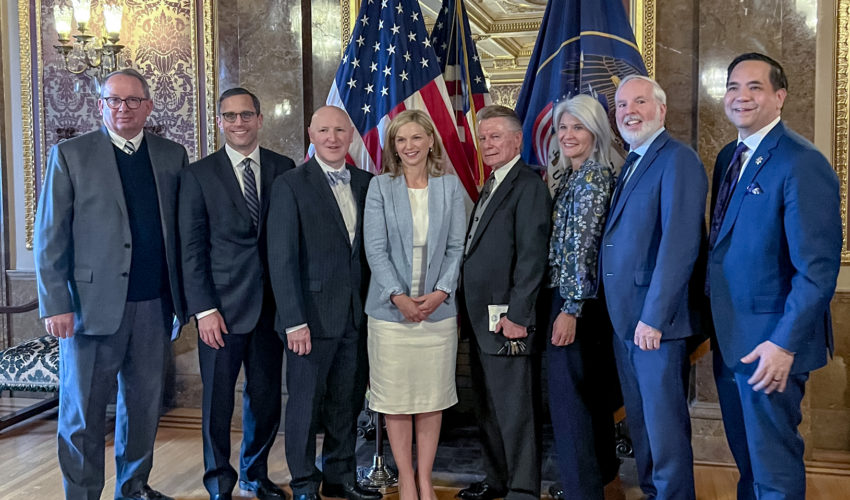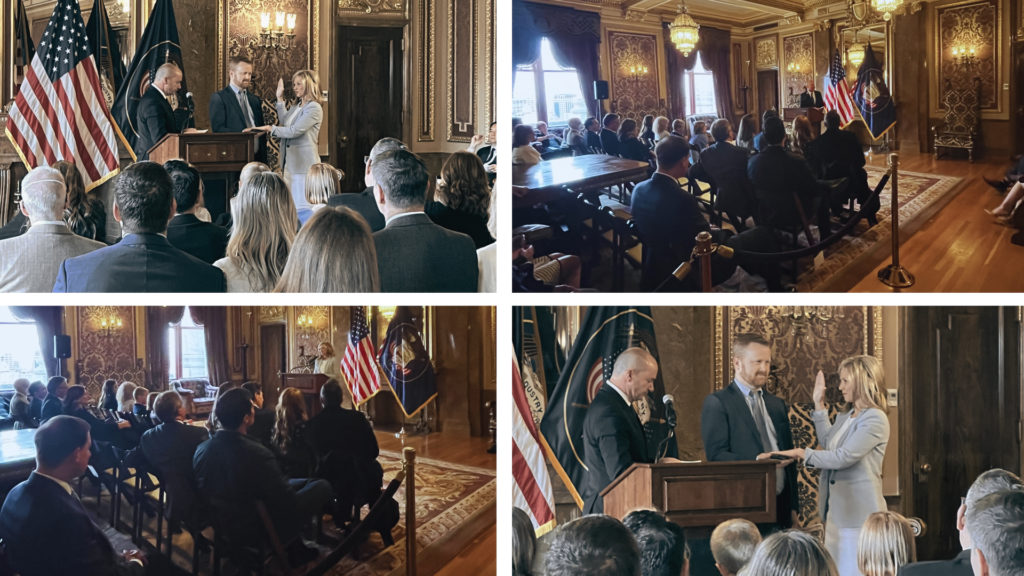SALT LAKE CITY, UTAH – Attorney General Sean D. Reyes joined a comment letter to the U.S. Environmental Protection Agency (EPA) over the pending Clean Air Act (CAA) regulatory proposal Standards of Performance for New Stationary Sources and Emission Guidelines for Existing Sources: Large Municipal Waste Combustors Voluntary Remand Response and 5-Year Review. The State of Indiana led the letter, urging the EPA to “abandon the proposed regulation.”
On January 23, 2024, the EPA published its proposed rule. The press release announcing the rule states that the rule [would] reduc[e] existing disproportionate and adverse effects on overburdened communities.” However, the States make the case that “the EPA’s environmental justice analysis goes beyond the scope granted to it by Congress.”
In their letter, the attorneys general argue that “the EPA’s proposed rule is arbitrary and capricious, [that] the EPA’s proposed rule should not have considered any ‘environmental justice’ analysis, [and that] the EPA should extend the comment period to allow for substantive input from all stakeholders.”
The coalition writes, “For states with waste-to-energy facilities, those facilities play an integral role in our states’ economies and our approaches to waste and resource management….These facilities serve as an essential part of a necessary ‘all of the above’ energy policy – they help recycle metals while providing good jobs and clean, affordable electricity for local communities. Furthermore, WTE facilities often operate in partnership with local governments. We are concerned…with the Proposed Rule’s excessively burdensome effects on those facilities.”
Utah and Indiana were joined on the letter by the States of Arkansas, Florida, Idaho, Iowa, Kansas, Louisiana, Mississippi, Missouri, Nebraska, Ohio, Oklahoma, South Carolina, South Dakota, Tennessee, and Texas.











